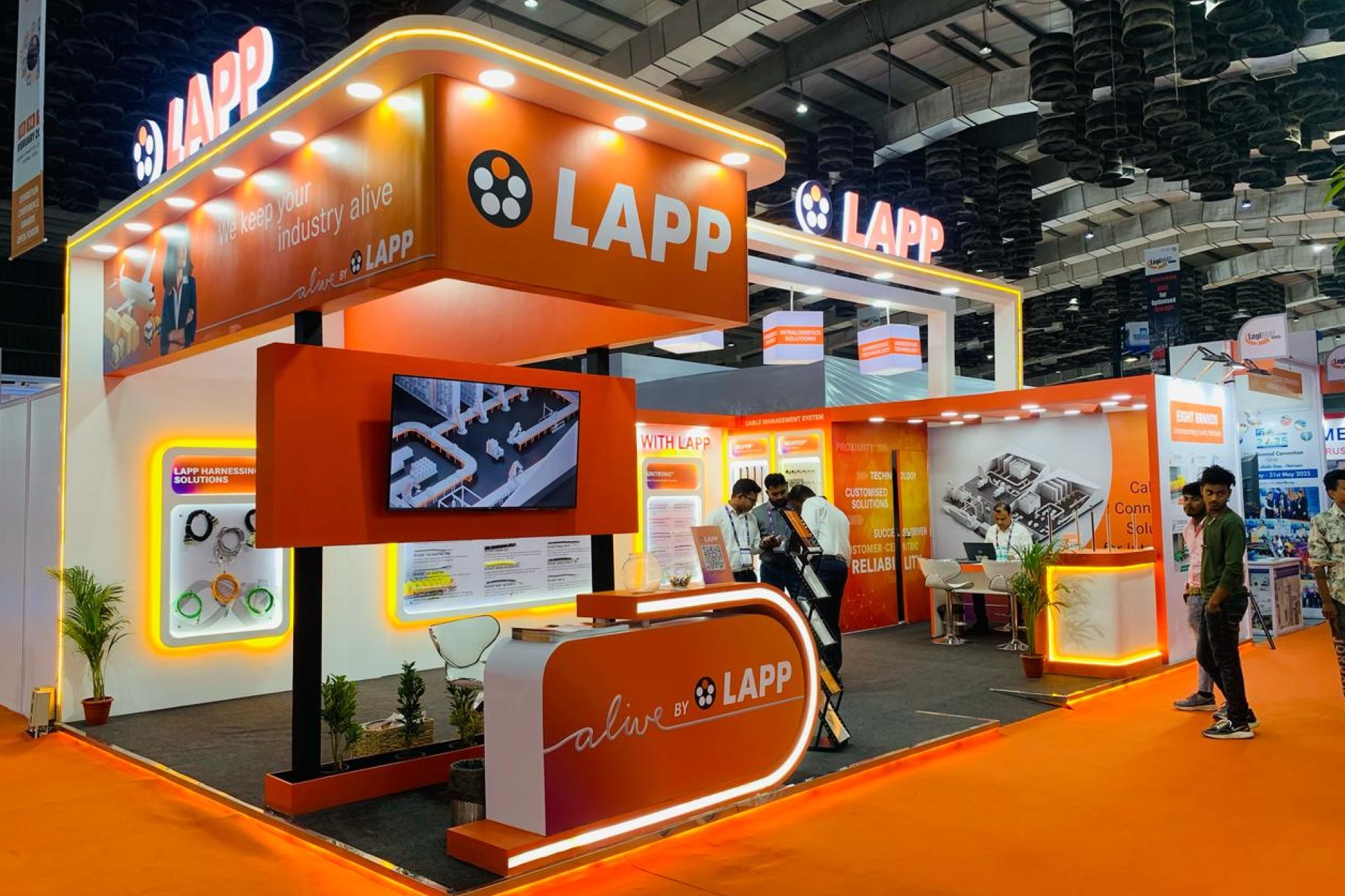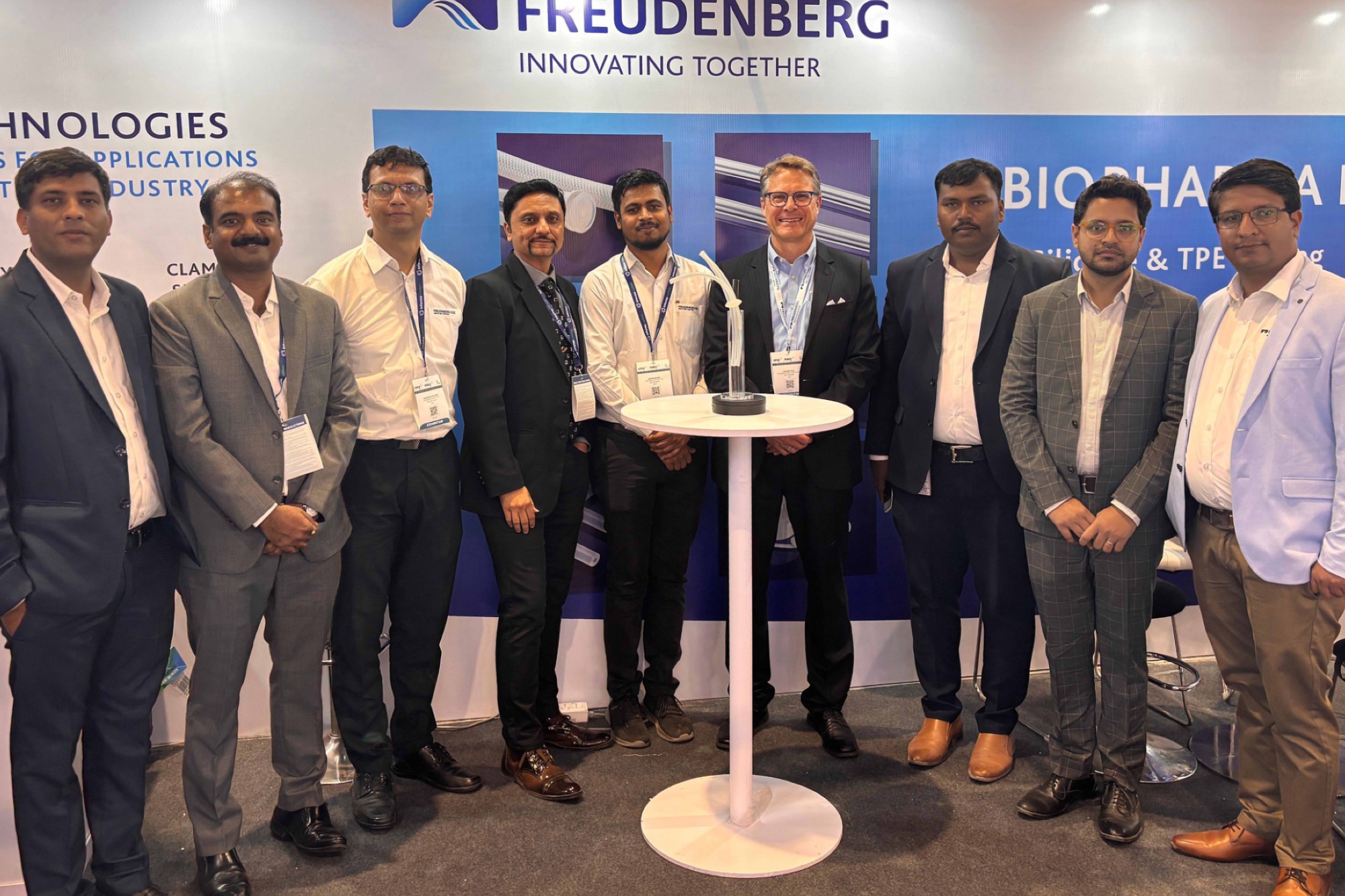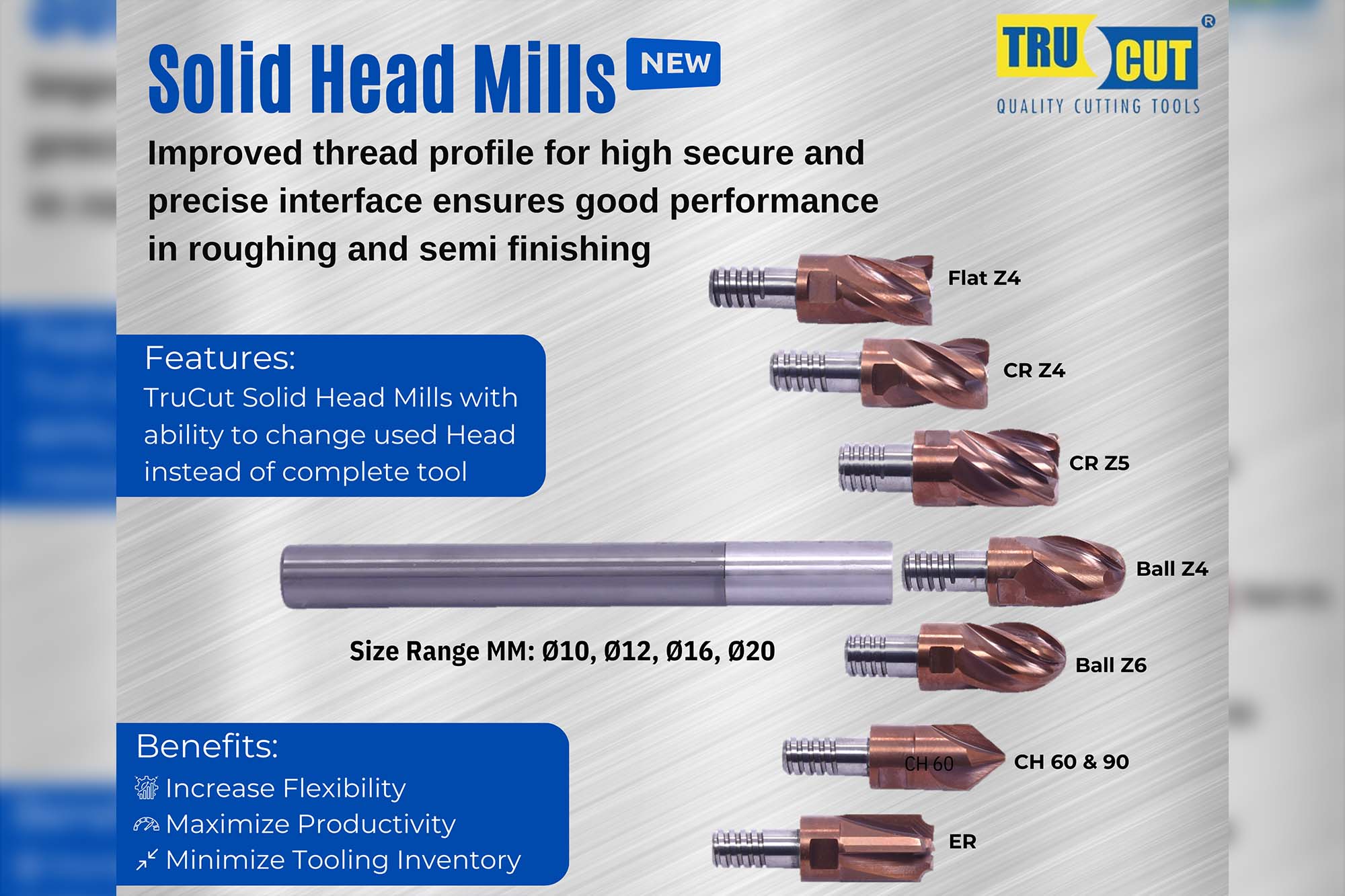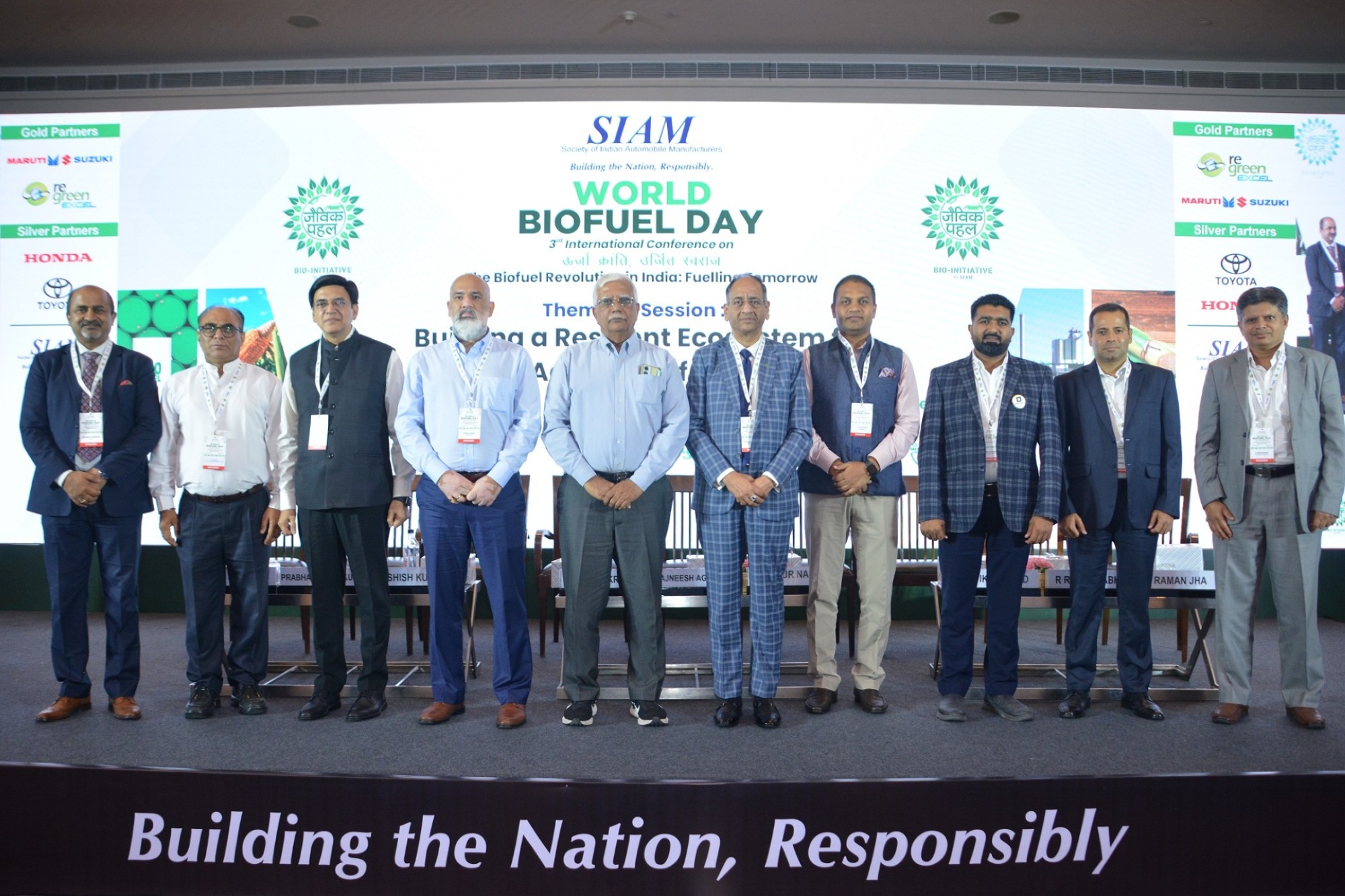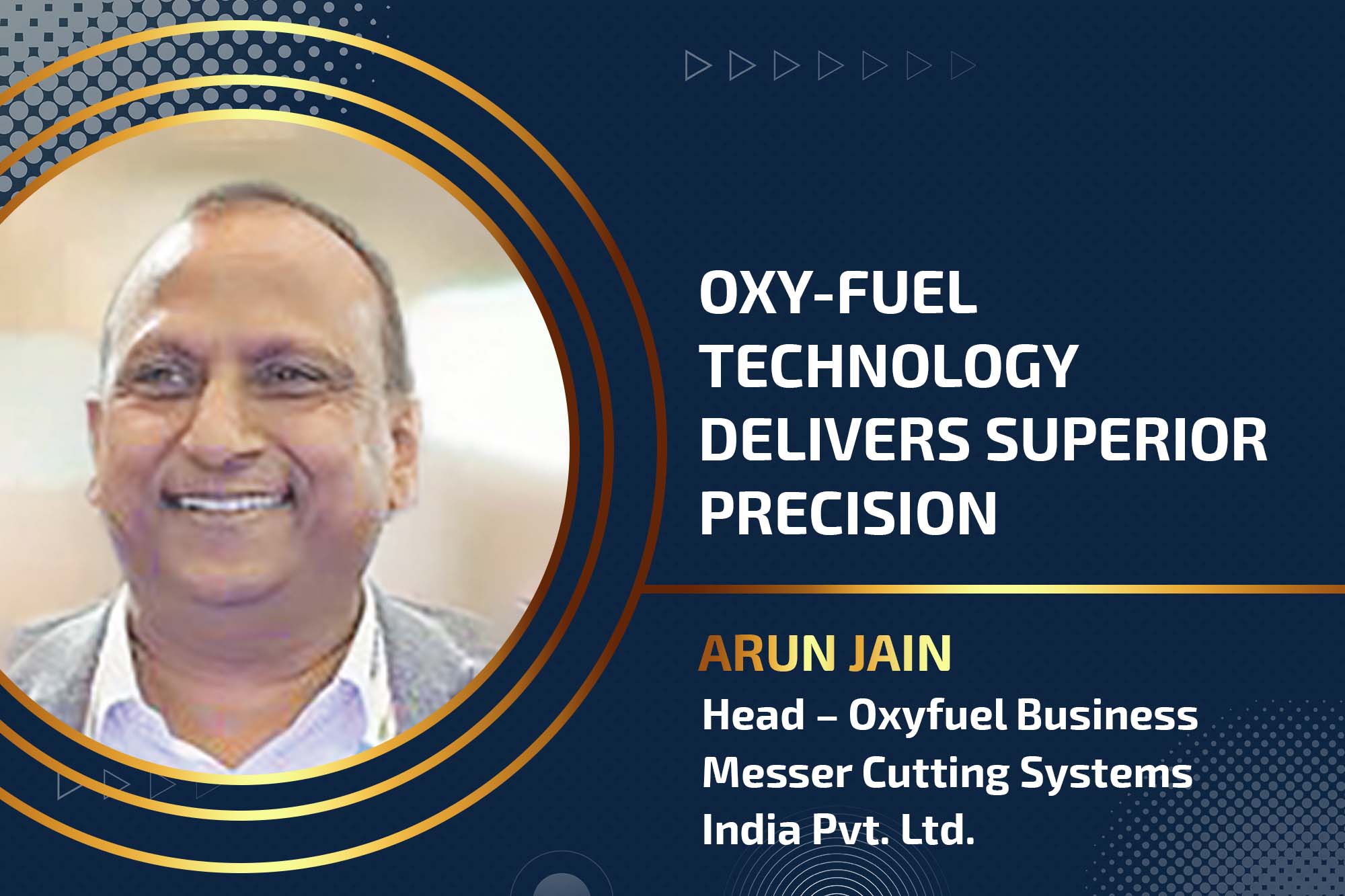Lubrication: secret of improved overall efficiency
By admin October 30, 2013 12:51 pm IST
Though the use of a right lubricant may only seem to be a small part of a comprehensive preventive program, in reality it is not just about machine performance that ends at the manufacturing plantAirports offer enormous potential for savingsA large airport may utilise more than 20,000 gear units, for example in conveyor belts and escalators. Approximately 15,000 of them may be spur- and bevel gears with a mean power of 5 kW, and another 5,000 worm gears with a mean power of 15 kW. With some 4,000 operating hours a year and an utilisation rate of 40 per cent, total power consumption is at approximately 240 GWh.
Replacing a mineral oil with polyglycol special oil will increase the efficiency of all gears by roughly 5.25 per cent on average. The power saved thus totals 12.6 GWh—this is the annual power consumption of approx. 3,000 private households. 12.6 GWh equals 12,600 MWh. Based on India’s average mix of energy sources encompassing fossil fuels, nuclear power and renewables, that’s equivalent to the emission of more than 3,789 tonne of CO2. Based on the energy cost of Rs. 9.5 per kWh, more than Rs. 1 crore can be saved this way.
Hermann SiebertHead of Marketing and Application Engineering Asia PacificKlüber Lubrication India Private Limited
Reducing energy subsidies, introducing incentives for energy efficiency and implementing and enforcing new efficiency standards are the three most important elements of a successful energy-efficiency agenda in the developing world. In fact in a country like India, industry can both contribute to as well as benefit from greater energy efficiency. Though the use of a right lubricant may only seem to be a small part of a comprehensive preventive program, in reality it is not just about machine performance that ends at the manufacturing plant. It is indeed a science which influences our lives in a far deeper way by providing a sustainable competitive advantage on a national scale.Today manufacturers across industries are looking for ways to reduce their raw material consumption and attain a better CO2 balance which is only possible by making their machines more efficient and extending the lifetime of components as Lubrication and its influence on our daily lives well as maintenance intervals. The added benefit of such measures is a reduction of operating costs. For instance we take the case of gear lubricants. The increase of gear efficiency harbours a frequently overlooked potential for increasing the efficiency of a machine as a whole. A very direct and effective way of increasing power transmission efficiency— which goes along with excellent wear protection— is a change over from mineral-oil-based to synthetic lubricants. For instance Klüber’s synthetic lubricants like the Klübersynth GH 6 oils or the Klübersynth GEM 4 N series based on polyalphaolefin, ester or polyglycol oils have proven to reduce energy costs, in addition to extending the service life of gears by up to 35 per cent.
The result is savings both in terms of financial resources and raw material besides offering operators the benefit of a much better CO2 balance in their operations. This is particularly helpful in facilities where a large number of gears are operated— for example in logistics centres, filling stations, breweries or airports. The example in the sidebar illustrates how several INR lakhs can be saved at a large airport.
However a deeper analysis enables us to understand the overall impact this can create on a national scale in a developing nation like India and contribute to eliminate problems like frequent power failures and power shortages that has engulfed the entire nation.
This is not just one particular instance in isolation where lubricants play a vital role in our lives. A similar instance of influence that can be cited in the Indian context is the role lubricants play in the smooth functioning of auto rickshaws which are a ubiquitous part of the urban transport system in most Indian cities. Since their introduction in India in the late 1950s, these vehicles have become an indispensable aspect of urban mobility for millions of people and a means of livelihood for thousands of auto drivers across the country. In fact, the production of this type of motorised three-wheeler has doubled in the last 10 years with more than 50 lakhs registered vehicles across the country. It is thus needless to say to what extent a speciality lubricant can contribute in the maintenance of this vehicle by offering longer service interval for critical auto components like the wheel bearing, C. V Joint etc. In most cases frequent vehicle servicing for an auto driver would cost him a day’s earning which is a big threat to his sustenance. The use of right lubrication system in this case would not just offer longer service intervals of the vehicle but also reduce down time and increase the productivity thereby contributing to the overall sustainability of this economic urban means of transportation as a whole.
Klüber Lubrication has recently helped an Indian auto OEM realise their idea of a maintenance free vehicle i.e. having longer service interval for critical auto components by successfully installing our product Varilub PKS 2 for their CV joint and wheel hub bearing application. Lubrication is the secret ingredient in the recipe for productivity and this can be further illustrated by taking another instance from the food industry. The consumption of packaged and processed food has increased significantly in the last few years and this increase in demand for processed food has made super markets across the country offer us a plethora of options. It is thus inevitable that manufacturers understand the importance of maintaining food safety and global hygiene standards and convert to food-grade lubricants in their facilities as an initiative towards risk minimisation and good manufacturing practices.
H1 lubricants are food-grade lubricants used in food-processing environments where there is the possibility of incidental food contact. NSF H1 lubricants are in practice potential ‘indirect food additives’ as they may have incidental contact with food due to leaks, spillages or faults in the equipment. The NSF has established a list of H1 registered lubricants based on review of the lubricant suppliers’ data against the requirements of the FDA and prior USDA reviews.
Lubricant contamination has been an age old problem in the food and beverage processing industry, where a minor accident could require a company to make a massive product recall and damage the brand reputation. Minor lubricant leaks in machinery are common, sometimes unavoidable, and not always obvious. Just the normal wear and tear on seals can cause a gearbox or hydraulic system to leak, releasing minute levels of oil that can come into contact with food. Contamination can also come from drips from chains or a release of compressed air that contains an oily mist. Thus in an attempt to reduce unnecessary risks and human error most food manufacturers today have switched over to food grade lubricants.
On top of providing improved functionality, lubricants also aid food manufacturers sustainability goals. A properly chosen lubricant affects the overall efficiency of a component and machine. For instance, choosing the right gear oil for a gear box can drive the temperature down and the efficiency up, thereby conserving energy. Equipment manufacturers also recognise the need for H1 lubricants, as they are not only good performers but also tend to lend them credibility. In the past, food-grade lubricants were formulated using H1 white mineral oils with little or no performance additives however modern technology now offers a full range of performance additives that can be used to safely formulate food-grade lubes that can greatly out perform any mineral-based food-grade lubricants.
Cookie Consent
We use cookies to personalize your experience. By continuing to visit this website you agree to our Terms & Conditions, Privacy Policy and Cookie Policy.




